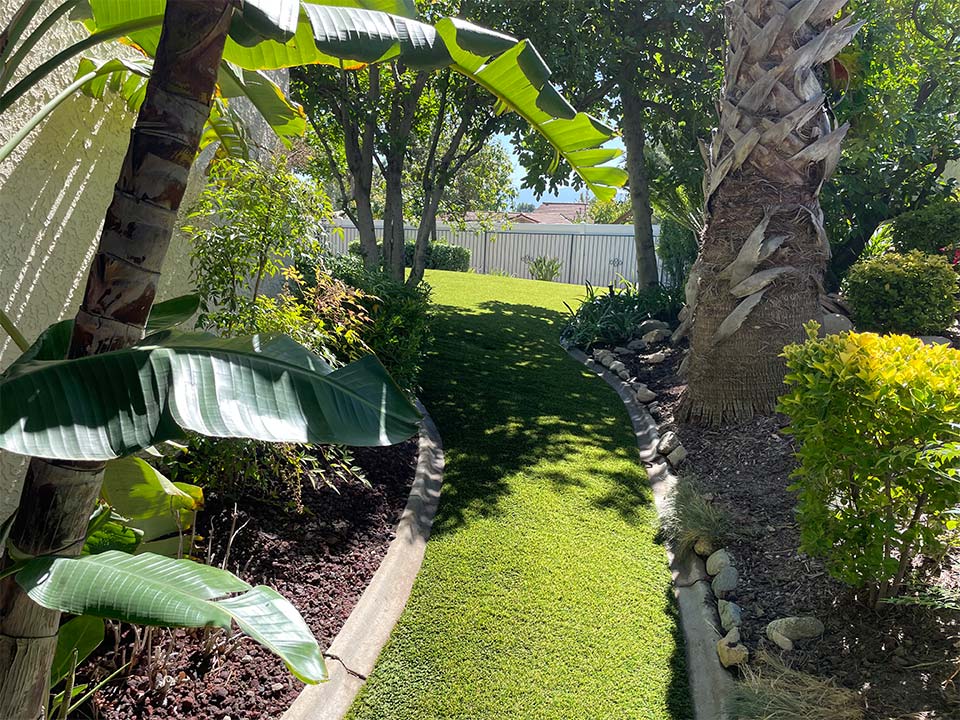Artificial turf has become a common playing surface for various sports, sparking debates among athletes, fans, and sports organizations. To provide a comprehensive view, let's explore the pros and cons of artificial grass for sports:

Pros of Artificial Turf:
Low Maintenance:
- Pros: Requires minimal maintenance compared to natural grass. No need for watering, fertilization, or constant mowing.
- Benefit: Ideal for teams and facilities with limited groundskeeping resources.
Durability:
- Pros: Withstands heavy use and is more durable than natural grass. Resistant to tearing and weather conditions.
- Benefit: Ensures a consistent playing surface even after intense sports activities.
Lower Costs:
- Pros: Long-term costs are generally lower due to reduced maintenance needs and increased durability.
- Benefit: Cost-effective option for schools, recreational centers, and lower division professional teams.
No Need for Sun:
- Pros: Suitable for indoor stadiums where natural grass cannot grow due to limited sunlight.
- Benefit: Provides a convenient solution for sports facilities with enclosed or partially covered arenas.
Environmentally Friendly:
- Pros: Conserves water, eliminates the need for pesticides and fertilizers, and often incorporates recycled materials.
Benefit: Seen as an eco-friendly alternative, addressing environmental concerns associated with natural grass.

Cons of Artificial Turf:
Inauthenticity:
- Cons: Criticized for lacking the authenticity and traditional appeal of natural grass.
- Concern: Traditionalists may find the artificial surface less connected to the cultural and sensory experience of sports.
Heat Absorption:
- Cons: Synthetic materials can absorb and retain heat, leading to elevated surface temperatures.
- Concern: Players may experience discomfort and increased risk of heat-related issues, especially in hot weather.
Injuries and Soreness:
- Cons: Some athletes express concerns about increased soreness and injury potential on artificial turf.
- Concern: Anecdotal evidence suggests that players may feel less comfortable or experience more significant soreness after playing on artificial surfaces.

While artificial turf offers advantages in terms of cost, durability, and maintenance, concerns about authenticity, heat absorption, and potential injuries persist. The choice between natural grass and artificial turf often involves a careful consideration of specific needs, preferences, and environmental factors.
